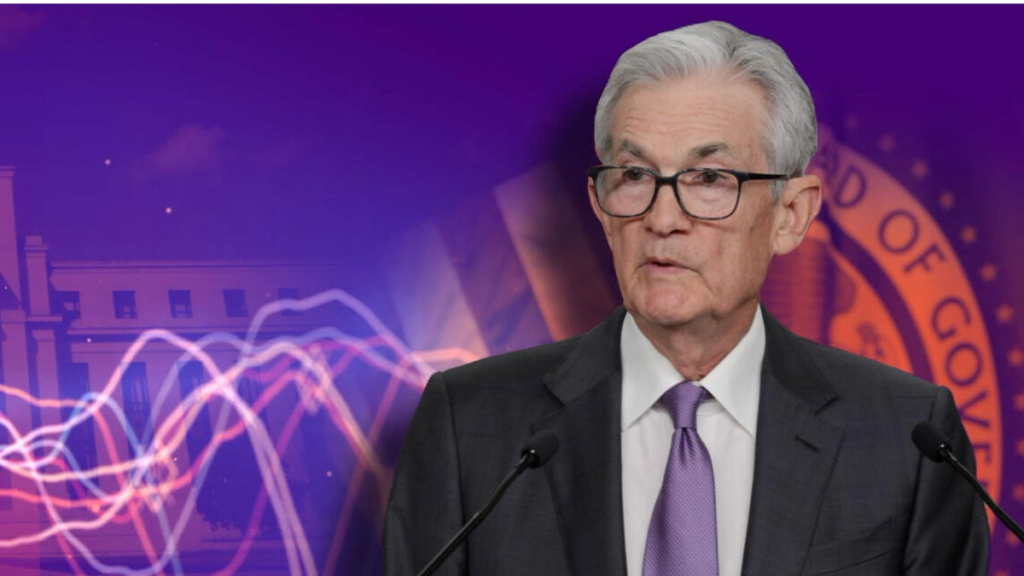Please return your seats to the upright position, because the US economy is preparing for a landing. At least, that’s how Federal Reserve Chair Jerome Powell described potentially slowing the pace of interest rate cuts.
Powell made the comments during a press conference following the Federal Open Market Committee’s decision to cut interest rates by a quarter-percent. Although the federal funds rate is still high, at a target range of 4.5% to 4.75%, Powell said the committee is prepared to adjust the speed at which it cuts.
“We reach a point where we slow the pace, much like an airplane reaching the airport slows down,” he said. “If the economy remains strong and inflation is not sustainably moving toward 2% we can dial back policy restraint more slowly.”
His comments came in response to barrage of questions about how the election’s outcome could alter the economy and the Fed’s decisions.
The Fed had originally penciled in multiple rate cuts for 2025, with some committee members indicating interest rates could fall to 3% to 3.25% by the end of next year. That could change if President-elect Donald Trump and the Republican party’s promised tax cuts and tariffs reignite inflation, as some experts predict.
Despite numerous questions about how the election would impact the Fed, Powell refused to make any predictions.
“In the near term, the election will have no effects on our policy decisions,” he said. “We don’t guess, we don’t speculate and we don’t assume.”
When asked if he would resign, given Trump’s previous threats to fire him, Powell’s one-word response: “No.”
The central bank made a splash in September when it reduced interest rates by a half-percent, the biggest single cut since 2008. That decision came after a three-year fight against soaring inflation, which peaked at 9.1% in 2022. As inflation approached the Fed’s 2% goal this year, Powell said the committee was shifting its focus to bolster a softening job market by lowering interest rates.
A 0.25% interest rate cut won’t make much of a difference on its own. But combined with September’s cut and potentially more in the future, interest rates could finally fall enough to make borrowing more affordable. Experts say it’s best to focus on creating your own solid financial plan rather than reacting to every potential change on the horizon.
What happened after September’s rate cut?
Credit card APRs dipped slightly following the first rate cut and should go down further if the Fed continues reducing the federal funds rate. But credit card debt remains expensive, so it’s best to take steps now to start paying off high-interest debt.
Meanwhile, savings rates on CDs and high-yield savings accounts have already started dropping and will likely decline more. It’s best to lock in a higher interest rate now before another potential cut to maximize your earnings.
Mortgage rates dipped initially after September’s rate cut but have surged back since. Experts expected rates to start falling next year with additional interest rate cuts, but volatility within the economy could put mortgage rates on an uncertain path.
Will there be another rate cut in December?
Given Powell’s continued optimism about finding the balance between inflation and employment, most experts still expect a rate cut in December.
“I think it would take surprising inflation or jobs data between now and the next meeting to change that scenario,” said Jim Cagnina, analyst at NinjaTrader, an online broker.
However, there’s still a lot of factors that could change between now and the Dec. 17-18 meeting. Stay tuned.
More on the interest rate cut
Read the full article here

